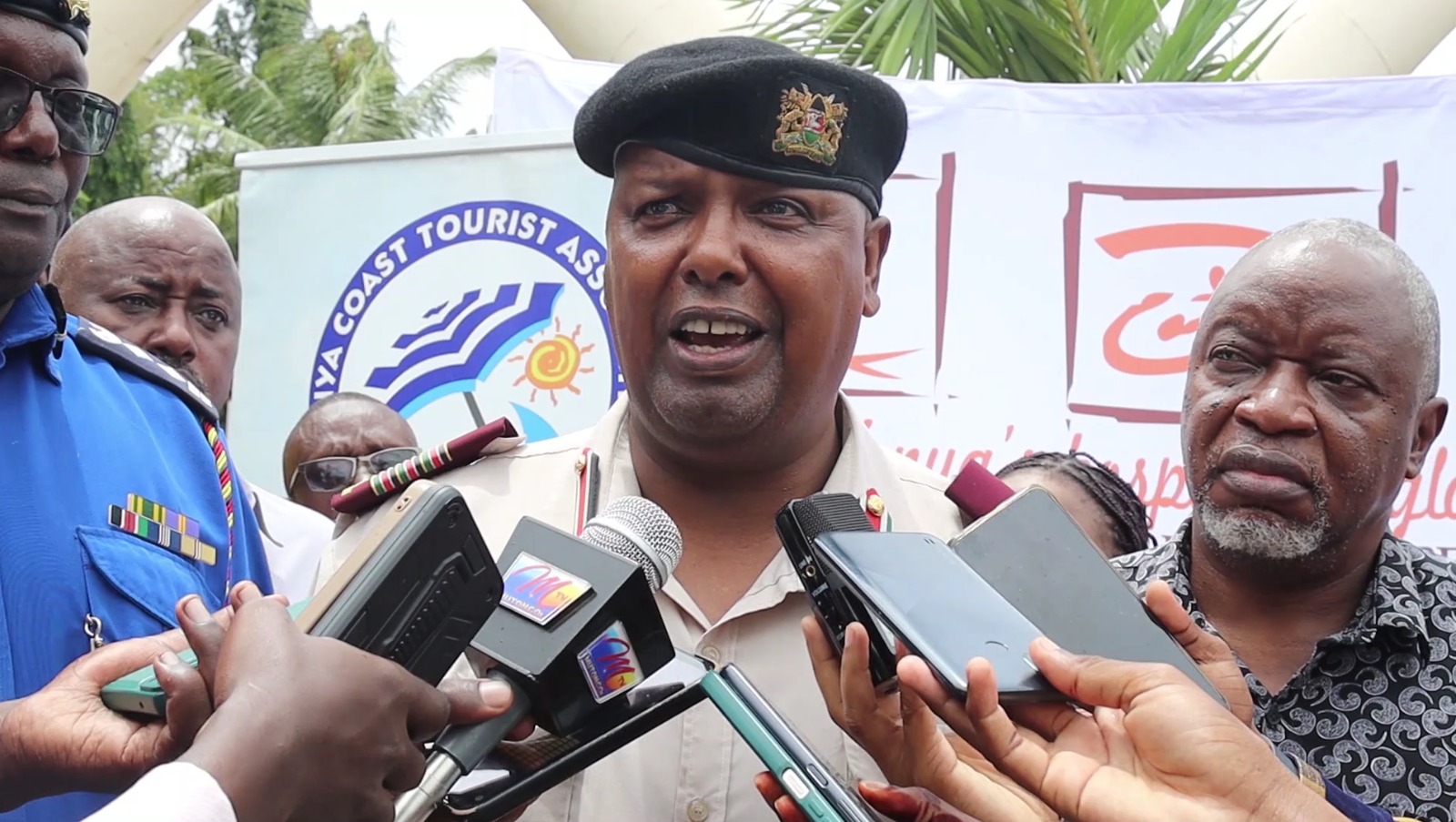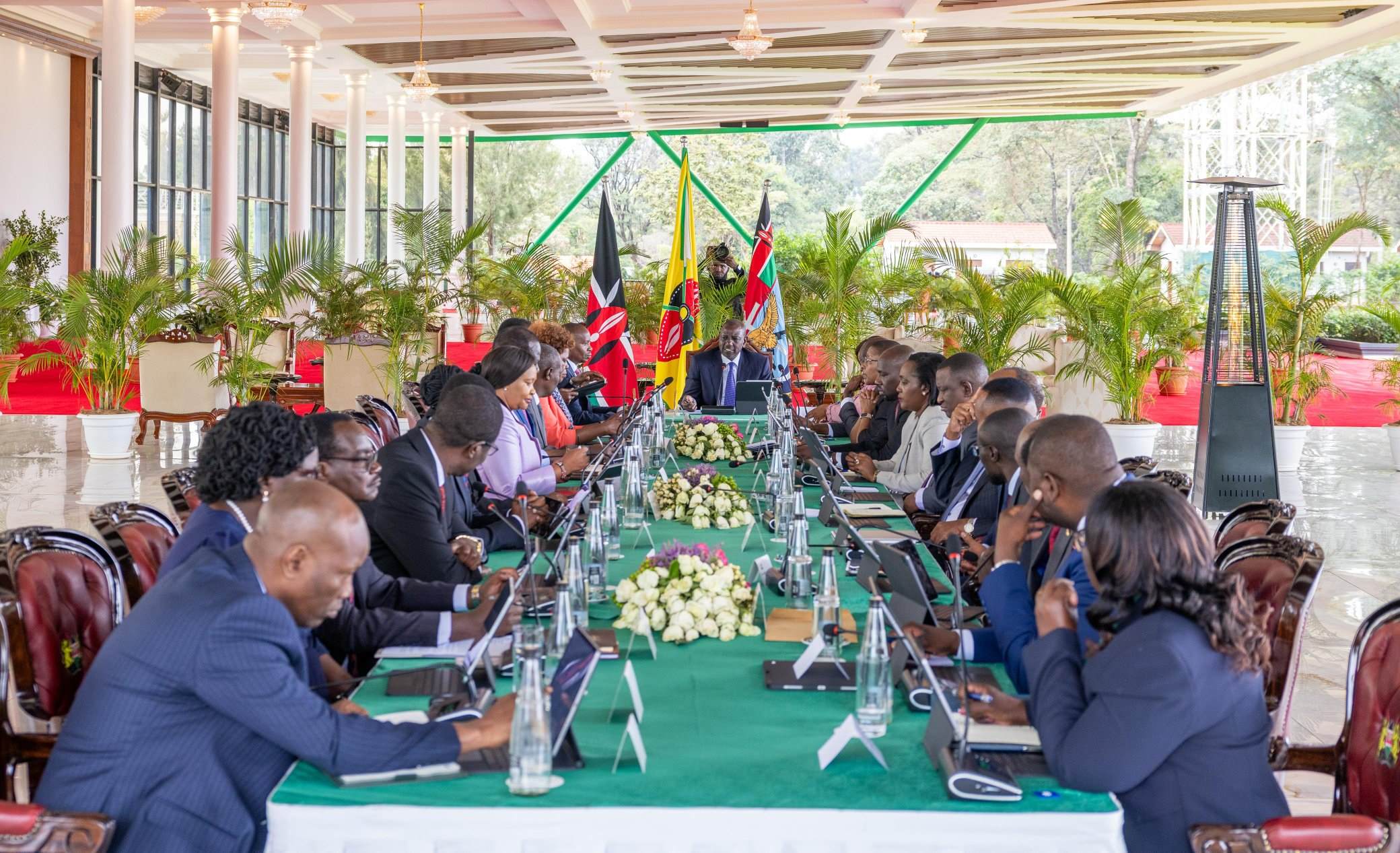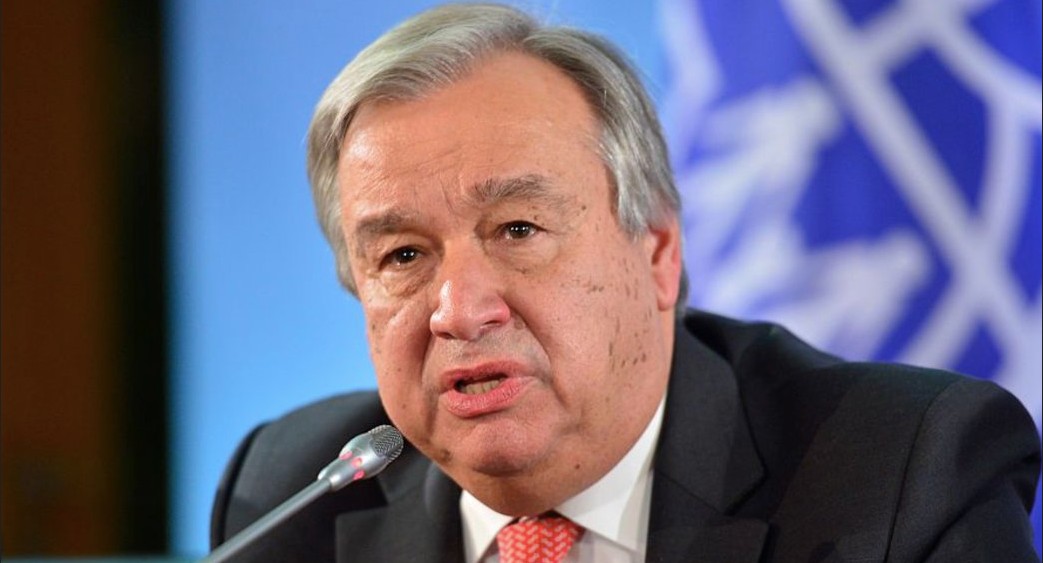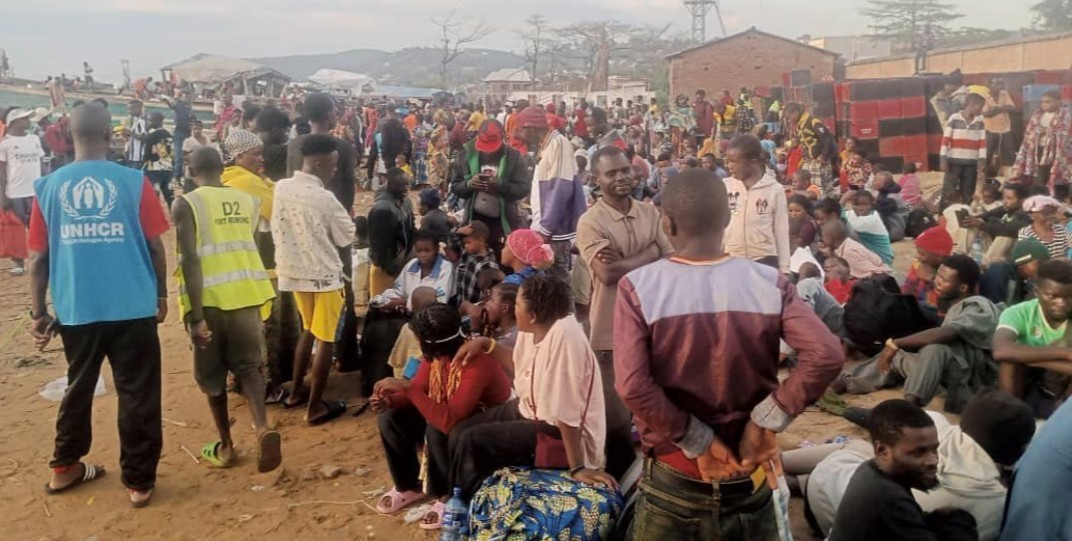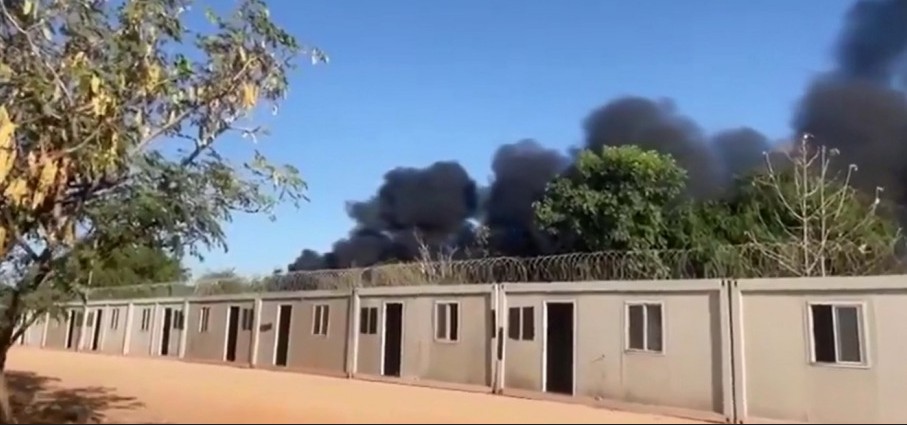Kenya among nine nations leading regional push to strengthen health systems against climate change
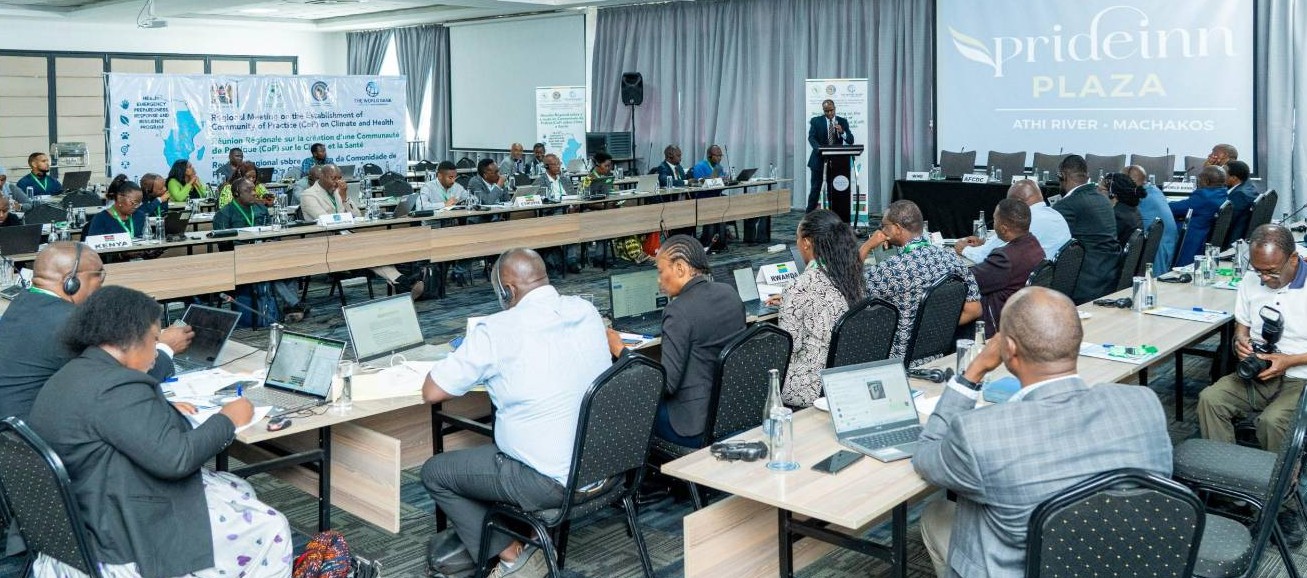
Kenya and eight partner countries are embedding climate resilience into their health systems through a World Bank–funded regional programme aimed at curbing disease outbreaks, protecting vulnerable communities, and keeping essential services running during climate shocks.
Kenya is among nine countries intensifying efforts to protect people and health systems from the growing impacts of climate change, as rising temperatures, erratic rainfall, floods, and droughts increasingly trigger disease outbreaks and strain medical facilities.
As part of the Health Emergency Preparedness, Response and Resilience (HEPRR–MPA) programme, Kenya is helping shape a regional strategy that links climate adaptation with stronger, more resilient health services.
More To Read
- Family protests secret cremation of Kenyan engineer who died in Mozambique
- Millions of hectares are still being cut down every year. How can we protect global forests?
- COP30 delivers mixed results on climate action, WEF experts say
- Managing conflict between baboons and people: what’s worked - and what hasn’t
- Djibouti confirms Eritrea’s formal exit from IGAD regional bloc
- Kenya, Sweden partner to curb billions lost in post-harvest food waste
Kenya’s health sector faces many of the same climate-related risks seen across the region. Flooding and poor sanitation fuel outbreaks of waterborne diseases, while hotter conditions and shifting rainfall patterns alter the spread of malaria and dengue. Droughts disrupt agriculture, intensify food insecurity and malnutrition, and strain already limited services—particularly for women, children, and marginalised groups. These shocks also damage infrastructure, disrupt supply chains, and increase the demand for healthcare just when resources are scarcest.
Climate risk management
Through the World Bank–funded HEPRR–MPA programme, Kenya and its neighbours are integrating climate risk management into emergency preparedness and response.
A major milestone was achieved at the programme’s first Regional Advisory Committee (RAC) meeting, which endorsed the creation of a Community of Practice (CoP) for Climate and Health—a collaborative platform where countries can share evidence, exchange knowledge, and transform lessons into action to keep essential health services running during climate shocks.
“Together, we can ensure that our health systems are not only prepared for climate shocks but are resilient, adaptive, and capable of protecting all communities across our region,” said IGAD Director of Health and Social Development, Ambassador Moussa Ali Meigague.
Beyond Kenya, similar challenges are confronting other HEPRR–MPA participants—Ethiopia, Rwanda, Burundi, the Democratic Republic of Congo (DRC), Malawi, Zambia, and São Tomé & Príncipe—with Mozambique recently joining the initiative.
'Risk multiplier'
Climate change acts as a “risk multiplier” across these nations, driving outbreaks of vector- and waterborne diseases, deepening food insecurity, and heightening vulnerabilities among displaced and marginalised populations. The impacts are uneven—women and girls often face the greatest risks, while remote communities struggle most to access care. These pressures worsen inequalities and hinder progress toward universal health coverage.
Climate shocks also weaken the very systems meant to respond. Floods, droughts, and cyclones damage or destroy health facilities, disrupt supply routes, and cut off power and water supplies. At the same time, hospitals face surging patient numbers as essential medical supplies grow scarce. Shifting disease patterns require better surveillance and quicker response, yet data systems and frontline networks are often overstretched, undermining health security during crises.
To confront these threats, the HEPRR–MPA aligns climate and health actions under a unified regional framework. The Intergovernmental Authority on Development (IGAD), together with the East, Central and Southern Africa Health Community (ECSA-HC), coordinates implementation and supports countries in strengthening preparedness, response, and resilience.
Health early warning systems
Within the programme, IGAD leads the Climate and Health Nexus Component, which integrates climate data with health early warning systems, supports cross-border research, develops national health risk profiles, and promotes proactive responses informed by predictive insights.
The newly endorsed Community of Practice for Climate and Health, chaired by the DRC, will bridge the gap between strategy and implementation. By sharing tools, data, and best practices, it aims to accelerate the adoption of effective measures such as climate-informed monitoring, risk communication, resilient infrastructure design, and continuity plans for essential services. It will also foster innovation, enabling national and regional teams to test, refine, and scale practical solutions together.
“Let us use this opportunity to translate our shared vision into practical action, informed by science and driven by partnership. Together, we can ensure that our health systems are not only prepared for climate shocks but are resilient, adaptive, and capable of protecting all communities across our region,” Ambassador Moussa added.
Top Stories Today
